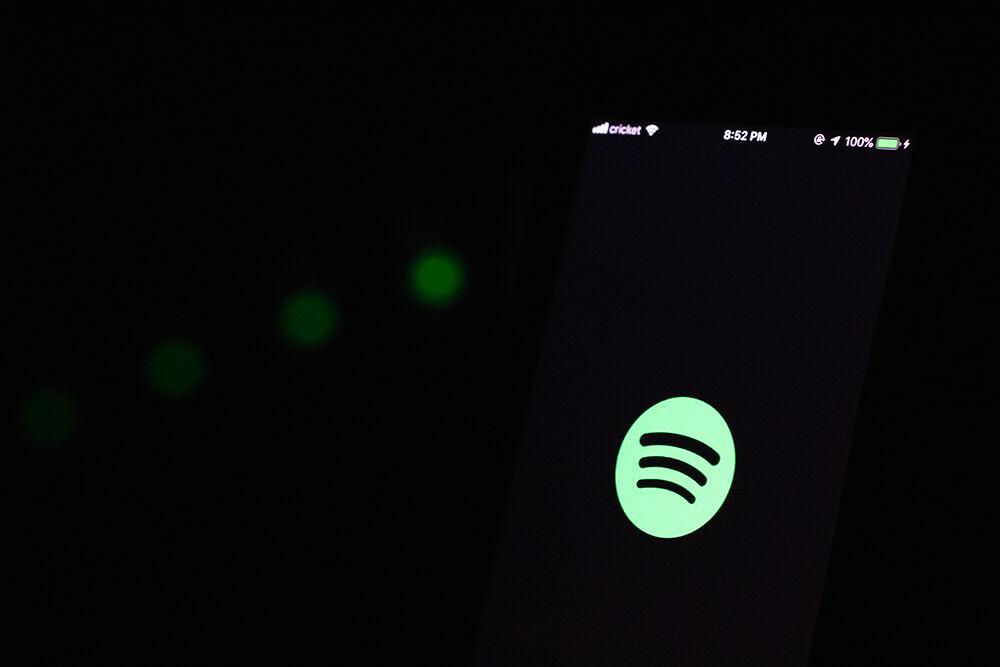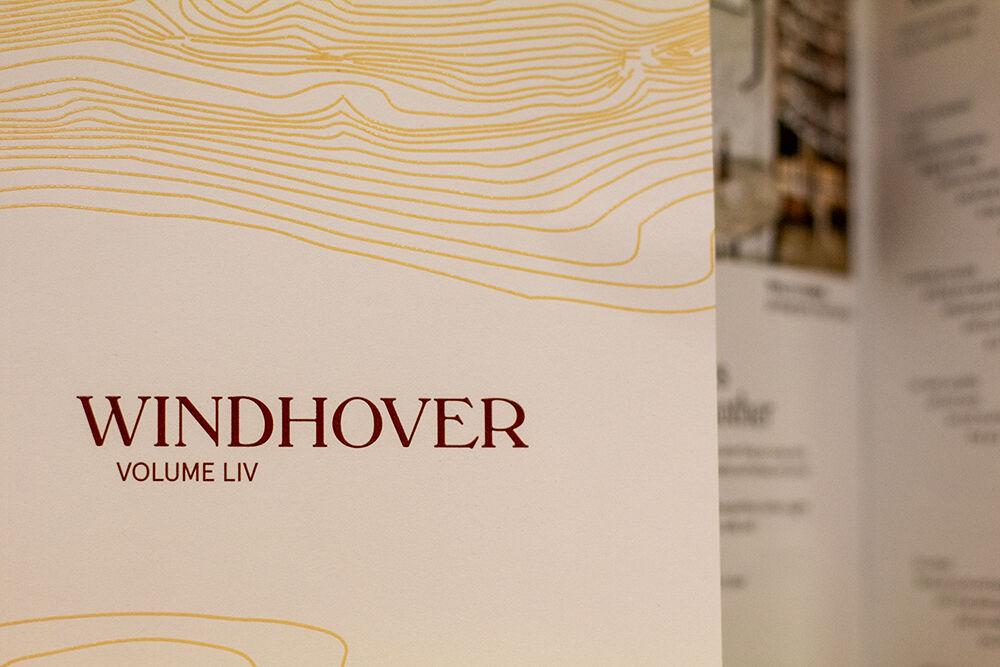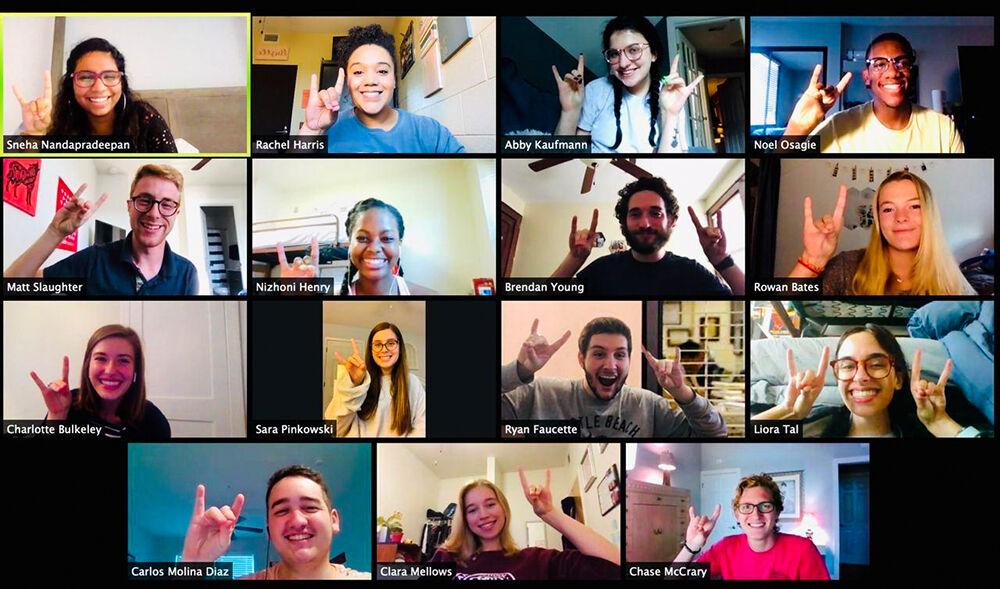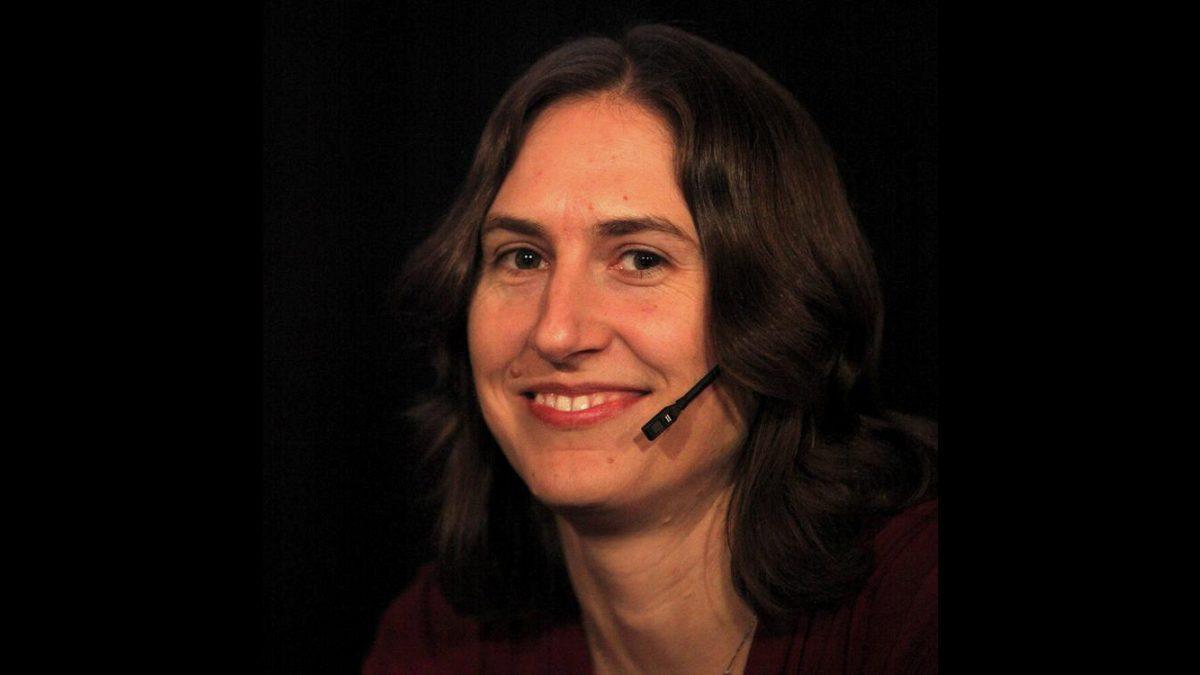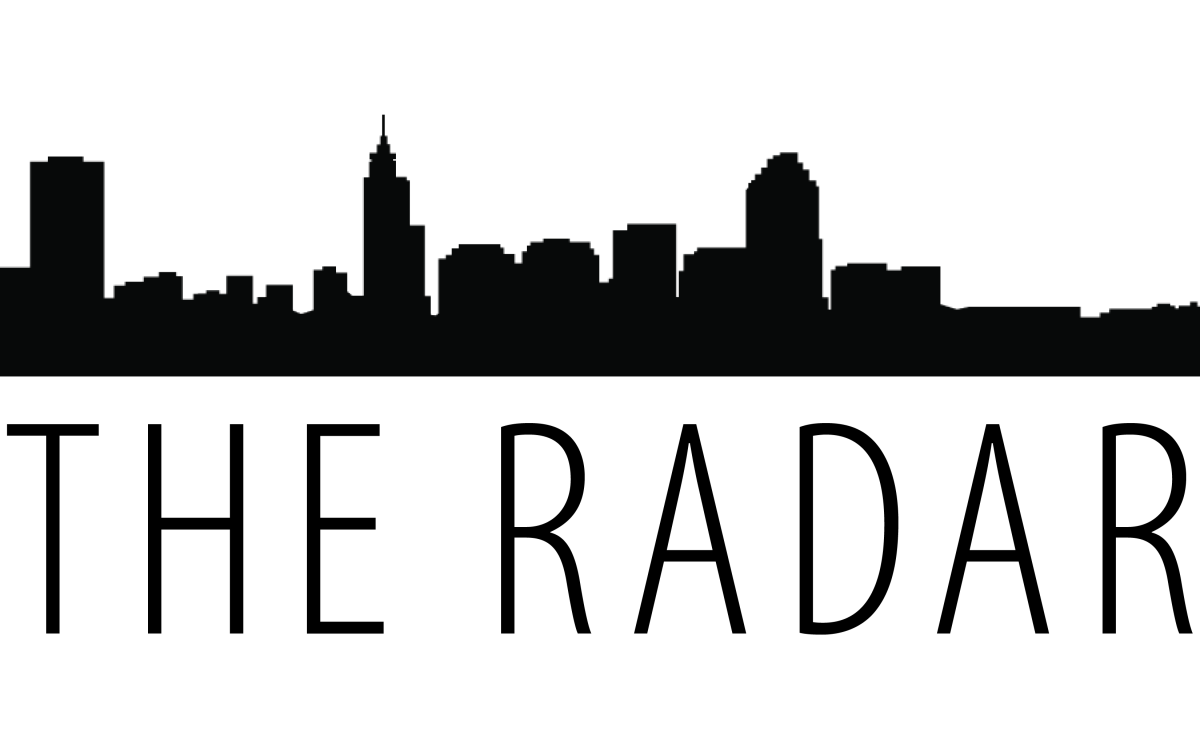As the student body of NC State heads back home, it’s likely they will pop in their earbuds as they sit in the back of the minivan that drives them away from campus. As students ride away and listen to music to remind them of better times, it’s worth wondering about the artists who made the music being streamed.
Due to the pandemic, streaming services like Spotify have faced challenges in clarifying how they calculate what artists on their platform are paid and increasing how much artists are paid. According to The Guardian, analysts have estimated that Spotify pays $.00318 per stream, although Spotify has never disclosed how much it officially pays artists. NC State musician Katie Hazel, a graduate student in social work, and her manager and fellow musician, Zeph Park, reflected on this lack of transparency.
“Spotify is very nontransparent about how it pays its artists,” Park said. “Even on our side, with being able to see all the analytics and everything, it’s not a solid number that you get paid per stream, which is weird. So I don’t really have feelings about it because, at this point, it’s kind of accepted that music is free. No one has the thought process of, ‘Oh, they have a new song coming out, let me go buy it.’”
Park and Hazel believe this lack of transparency may be a small price to pay for the amount of reach and exposure a song can get on a platform like Spotify.
“You won’t make as much money or whatever, but also the reach that songs have in 2020 is exponential compared to what it was like releasing songs five or six years ago,” Park said. “When I put out my first songs, everybody was pushing hard to be on iTunes, saying, ‘Go preorder my album on iTunes.’ And even that is like an ancient thought process now. I like that people hear the music, and there are other ways to make money from a music career as a whole, you just have to get your name out there, in my opinion.”
Other artists, like NC State musician Les Robbin-Coker, a third-year studying engineering who performs under the name Lesthegenius, focused more on how Spotify allows smaller, independent artists to find a much wider audience.
Robbin-Coker is a particularly notable case of how streaming services can catapult artists to new heights. His hit song “Raleighwood Hills,” featuring NC State alum Sonny Miles and Raleigh local Jaxson Free, went from being on a Spotify curated playlist to former President Obama’s favorite music of 2019 playlist.
“I really like the way Spotify works because it’s way more for independent artists,” Robbin-Coker said. “Even though they give you way less revenue when it comes to streams but the way that they market it. Like ‘Raleighwood’ started getting heat when it got to the fresh finds playlist on Spotify, and from there, it went global and Obama saw it. And then it got put on the Obama playlist [of 2019]. Having your sound put on a bunch of Spotify playlists keeps getting your numbers up. So when you’re making music, Spotify tries to help you get a bigger buzz and a bigger fanbase.”
Given that COVID-19 has knocked out the possibility of concerts and live music venues for the time being, Spotify’s ability to spread songs to broader audiences may outweigh the relatively meager sums paid to artists.
However, some artists like Norman Urbanek, a third-year studying environmental technology and management who performs under the name Ayo Norm, have found some benefit to diversifying the streaming platforms they put their music on.
“I kinda prefer Bandcamp over Spotify because, for Spotify, you get streaming revenue, but it’s only a fraction of a cent,” Urbanek said. “And Spotify also pays the lowest out of all other streaming services, like compared to Tidal and Apple Music. But I like that with Bandcamp you can allow people to donate directly to you or purchase an album that you make. I think I’m gonna do more albums on Bandcamp.”
Despite a musical landscape where consumers are paying less and less for the artistic work they consume, the platforms that streaming services can provide to up-and-coming artists can prove to be important to not just to the artists but to their fans. Robbin-Coker feels streaming services are the reason he is where he is today.
“I used to listen to what was on the radio, but then I downloaded Pandora… and I randomly came across Kanye West’s ‘Registration’ album,” Robbin-Coker said. “And from there, I just kept listening to Kanye West radio, and I got into J. Cole’s ‘Born Sinner’ and I just kept getting into more hip hop albums that aren’t commercialized when it comes to radio… The lyrics made me want to start writing my own lyrics and give people the same feeling that I felt when I started listening.”


